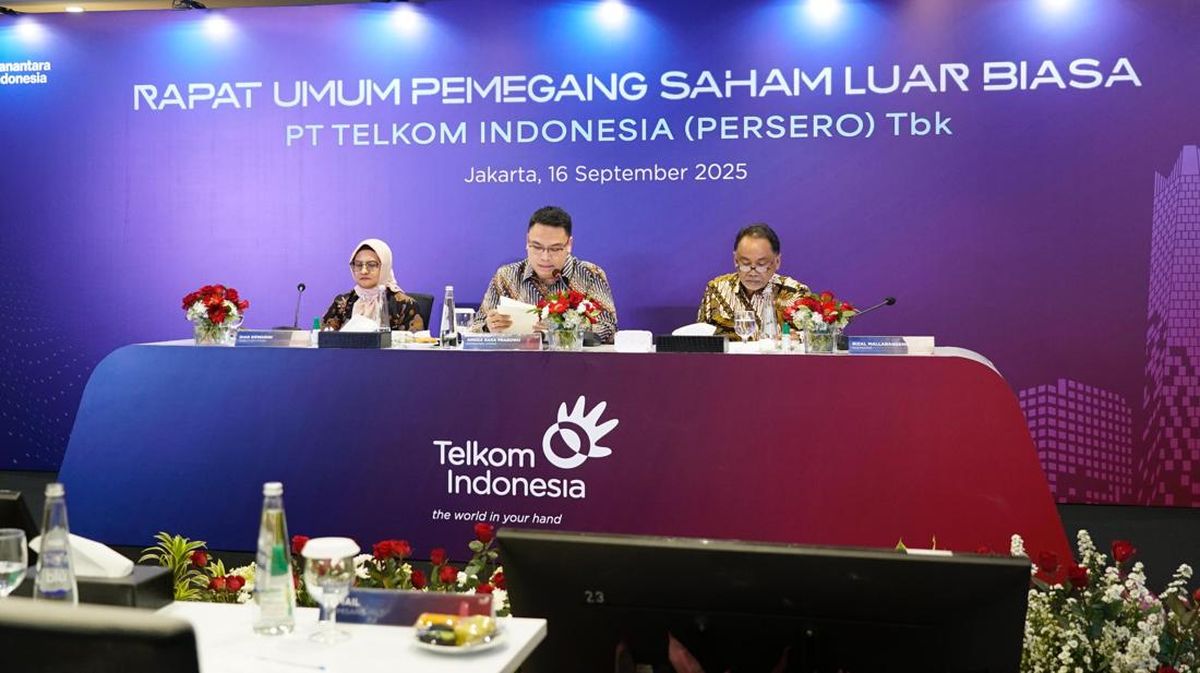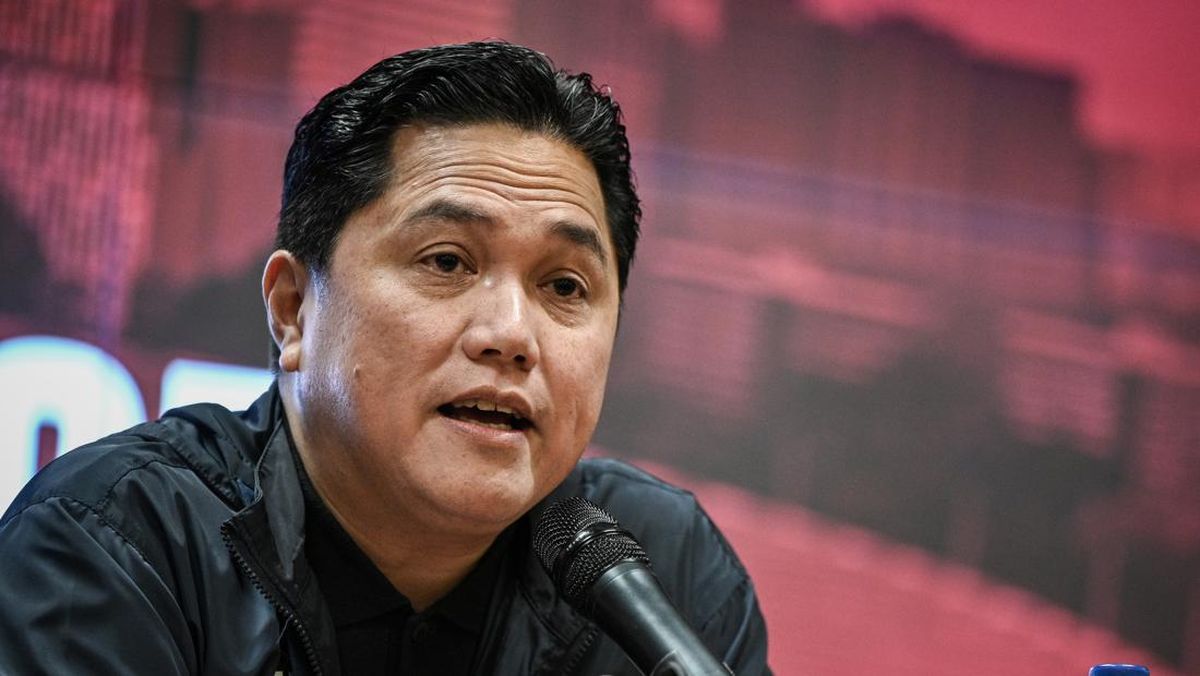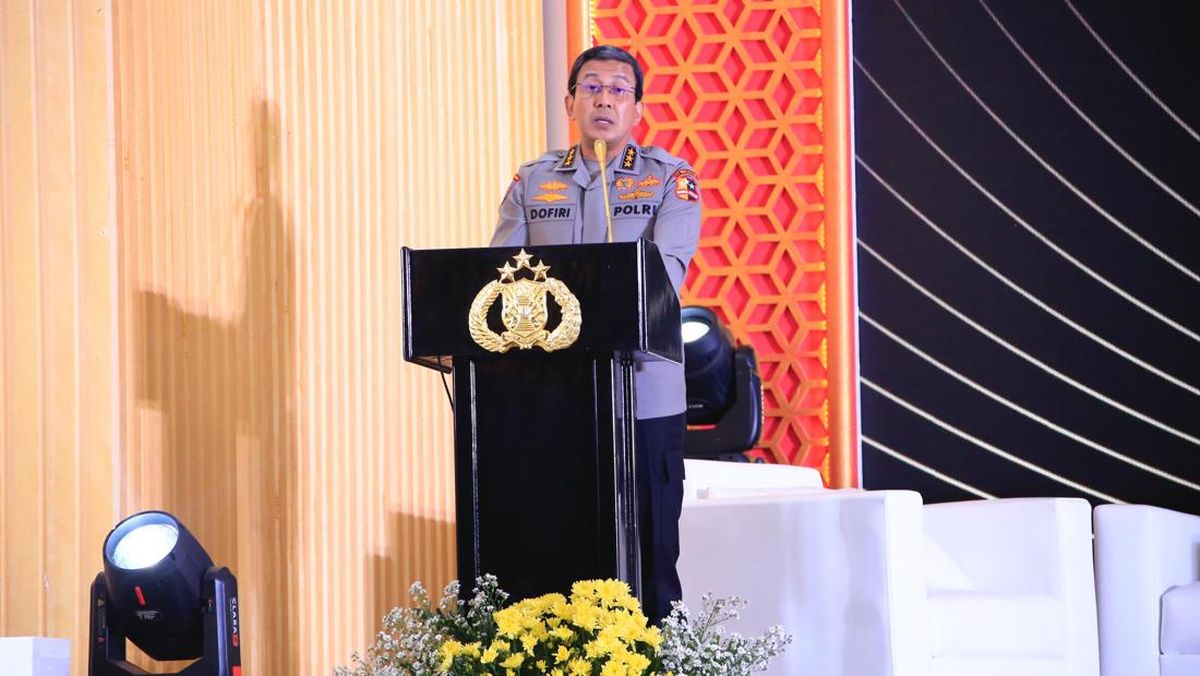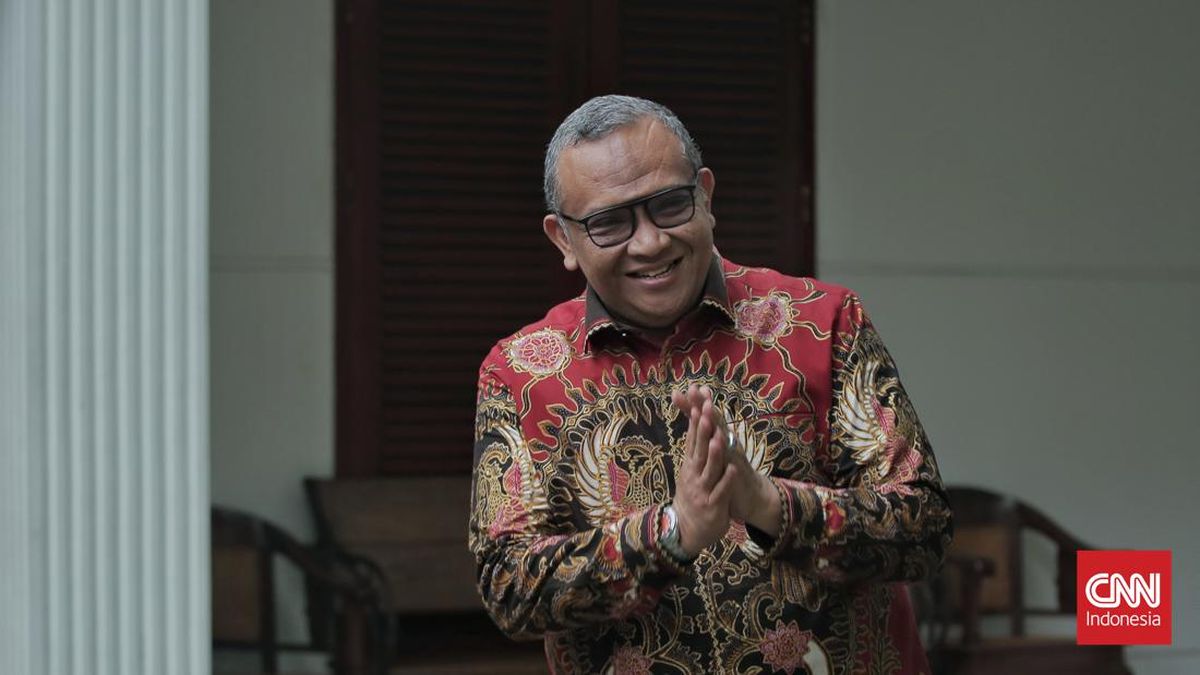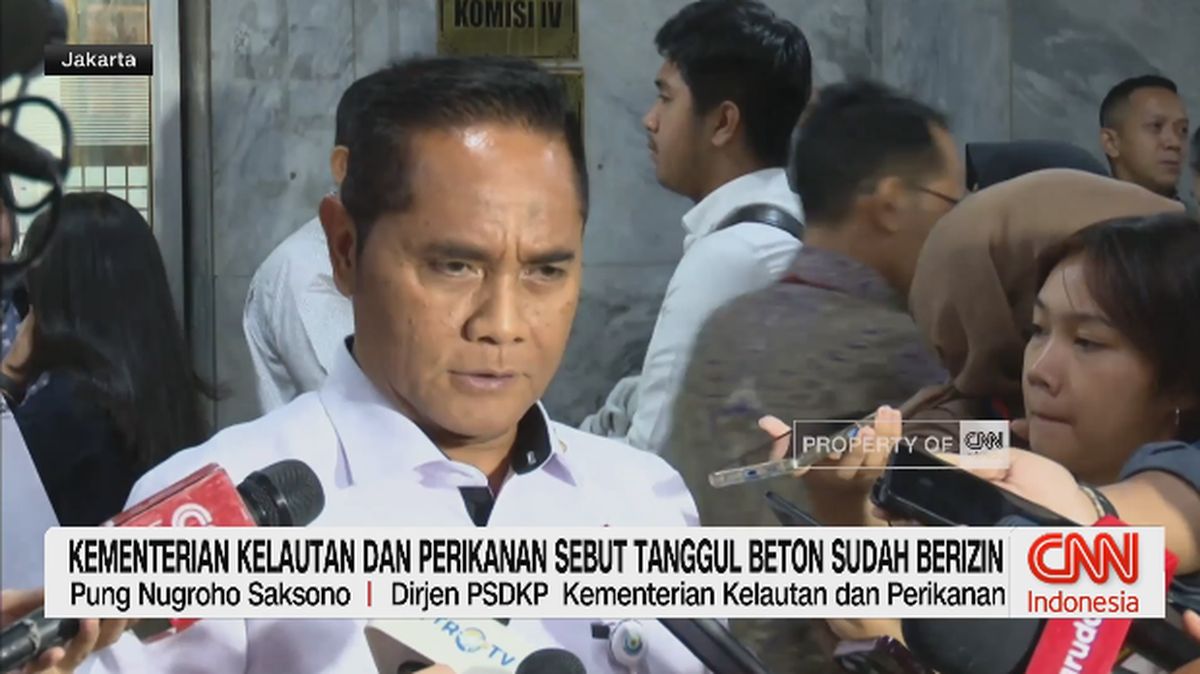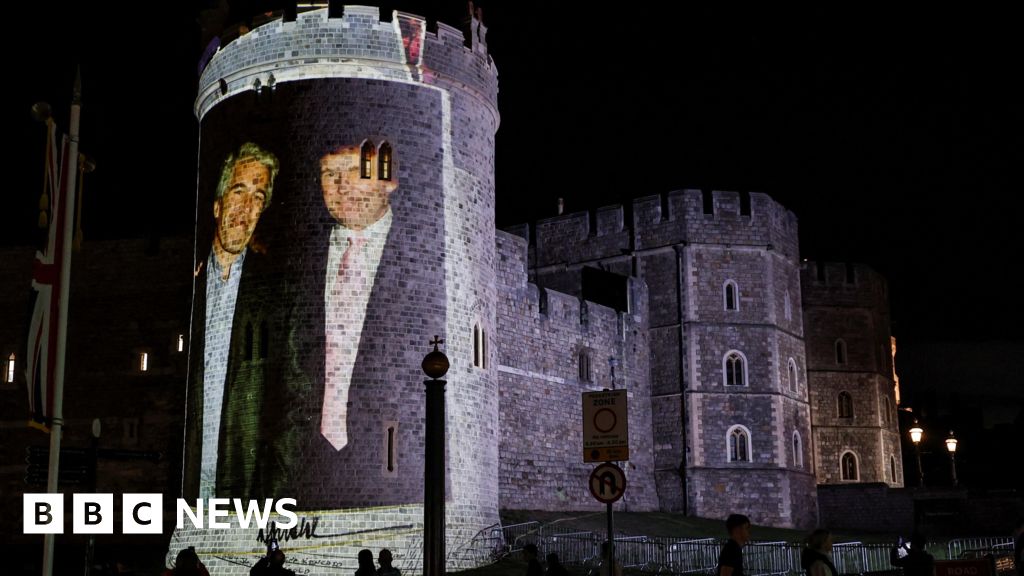Hospitals respond as ICE fears

As the Trump administration continues its push to undocumented immigrants, doctors are hearing that some patients are avoiding getting the health care they need over fears that Immigration and Customs Enforcement raids could take place in medical settings.
Dr. Céline Gounder, CBS News medical contributor and editor-at-large for public health at KFF Health News, told "CBS Mornings Plus" on Tuesday that she has not seen any official ICE raids in hospitals, but that ICE agents have been seen in hospitals as well as other health care facilities.
That's because detention standards require that ICE detainees be provided medical services, including initial medical and dental screenings, as well as emergency care.
"They are often bringing in people that they've detained for medical clearance," said Gounder, who is also a practicing internist and infectious disease expert in New York City. "We see this often with law enforcement. But it is creating an atmosphere of fear. And my colleagues and I have had numerous patients tell us that they hesitated or waited too long to come in for health care."
And delays in care matter, Gounder added. Delayed care for a heart attack or stroke, for example, can lead to more loss of heart or brain tissue.
Gounder also heard from an emergency medicine physician in Los Angeles who has seen the impact of ICE agents appearing in hospital settings.
The agents are arriving with ski masks and looking intimidating to the general patient, affecting the overall health of the community because it's creating an atmosphere of fear instead of of wellness, according to the doctor.
The doctor also alleged agents have committed ethics violations, including not showing their identification, not allowing patient privacy during interviews and examinations, preventing doctors from contacting family for necessary medical information and preventing family from visiting.
"These are really standard things," Gounder said. "Every patient should have the right to these kinds of provisions for good health care."
"If you're a law enforcement official coming into a hospital or health care facility, you need to be identifying yourself as such, you need to be showing your badge or your ID," Gounder said, adding that those who want to enter private patient areas "also need to be showing a judicial warrant."
Federal legal standards and privacy protections, including HIPAA and the 4th Amendment to the Constitution, bar unreasonable searches and seizures, including in non-public hospital areas.
CBS News has reached out to ICE and the Department of Homeland Security for comment.
A lot of health care providers don't know what their rights are, Gounder said, prompting at least some hospitals to offer employees guidance on potential ICE encounters.
At Bellevue Hospital, for example, where Gounder works, staff were recently given sample prompts for interacting with non-local law enforcement, including ICE agents.
The hospital told staff, in part: "We do not require a patient's immigration status to provide care, and we do not share medical or personal information about our patients unless required by law."
The presence of ICE agents is not just a concern for physical health, but also mental health.
"Think about who has come here as an immigrant, many of them have faced real trauma in their home countries," Gounder said. "So this, what feels like militarization of an emergency room, can be very re-traumatizing and cause some very relevant health impacts."
Sara Moniuszko is a health and lifestyle reporter at CBSNews.com. Previously, she wrote for USA Today, where she was selected to help launch the newspaper's wellness vertical. She now covers breaking and trending news for CBS News' HealthWatch.

